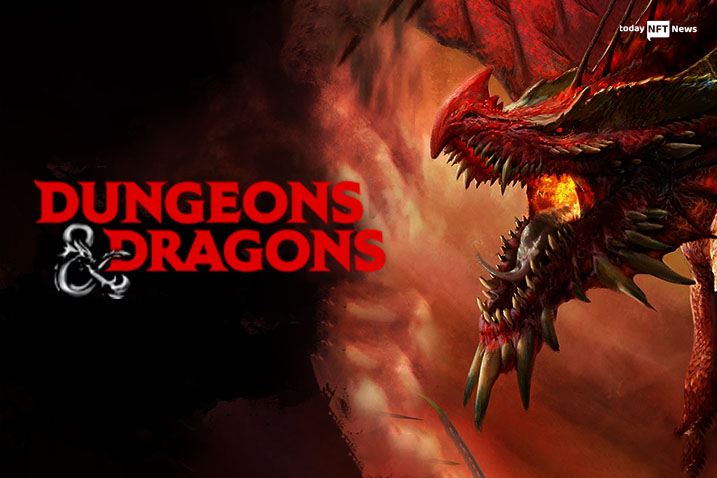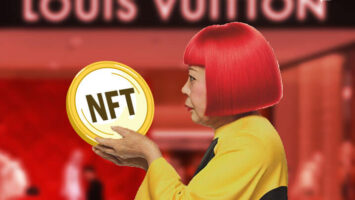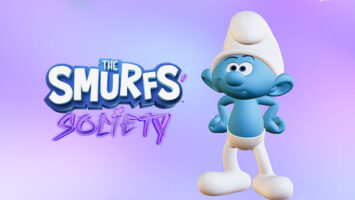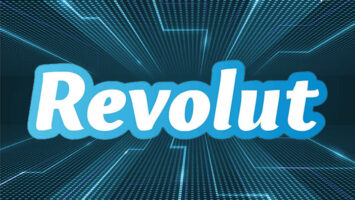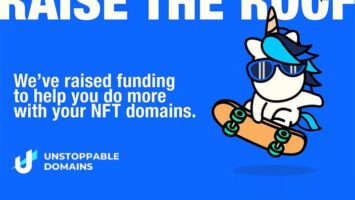SNEAK PEEK
- Dungeons & Dragons (D&D) publisher Wizards of the Coast announced that it is ending proposed changes to a game license restricting NFT projects.
- D&D content will pass through a System Reference Document under a Creative Commons license.
- 86% of D&D community members were “dissatisfied with the draft policy.”
Wizards of the Coast, the company that publishes Dungeons & Dragons (D&D), yielded to players and content producers on Friday by declaring that it would not proceed with amendments to a game license that would have severely restricted NFT derivative products.
The Hasbro-owned firm sparked intense backlash from the tabletop gaming community earlier this month when it tried to change the legal structure that has allowed gamers to create D&D-compatible content for more than 20 years. That includes stuff like podcasts, graphic novels, and live theatrical presentations with a D&D theme.
A few modifications to Wizards of the Coast’s Open Game License (OGL), such as the requirement of fees from content developers, were previously retracted earlier this month. However, a revised proposal made it explicit that D&D-related materials, such as game mechanics, would not be permitted to be used with outside NFTs.
The company had also identified Web3 developers as a key driver for its desire to modify its long-standing agreement with fans and creators. Wizards of the Coast stated in a blog post from a few weeks ago that they wished to “address individuals seeking to integrate D&D with Web3, blockchain games, and NFTs.”
The business will instead publish D&D content included in its System Reference Document under a Creative Commons license that is “open and irrevocable,” abandoning plans to completely revise its Open Game License.
Additionally, after seeing preliminary results from a survey associated with the changes, in which D&D players overwhelmingly rejected the impending license update, Wizards of the Coast revealed its U-turn on Friday. The draught digital tabletop policy, which had language forbidding derivative NFTs from third-party developers, received “dissatisfaction from around 86% of respondents.”



